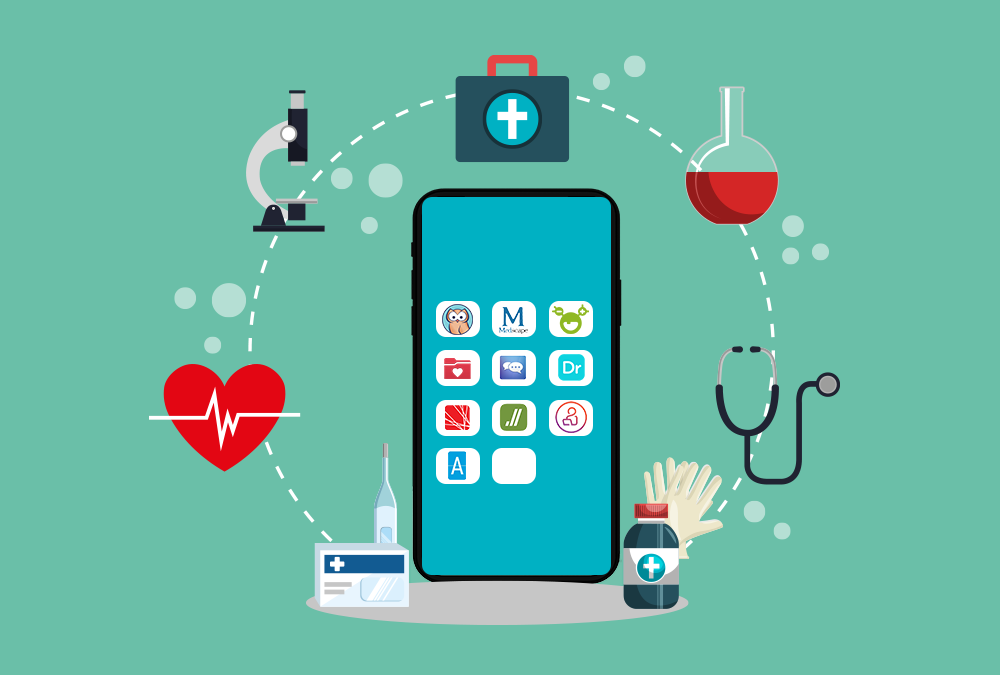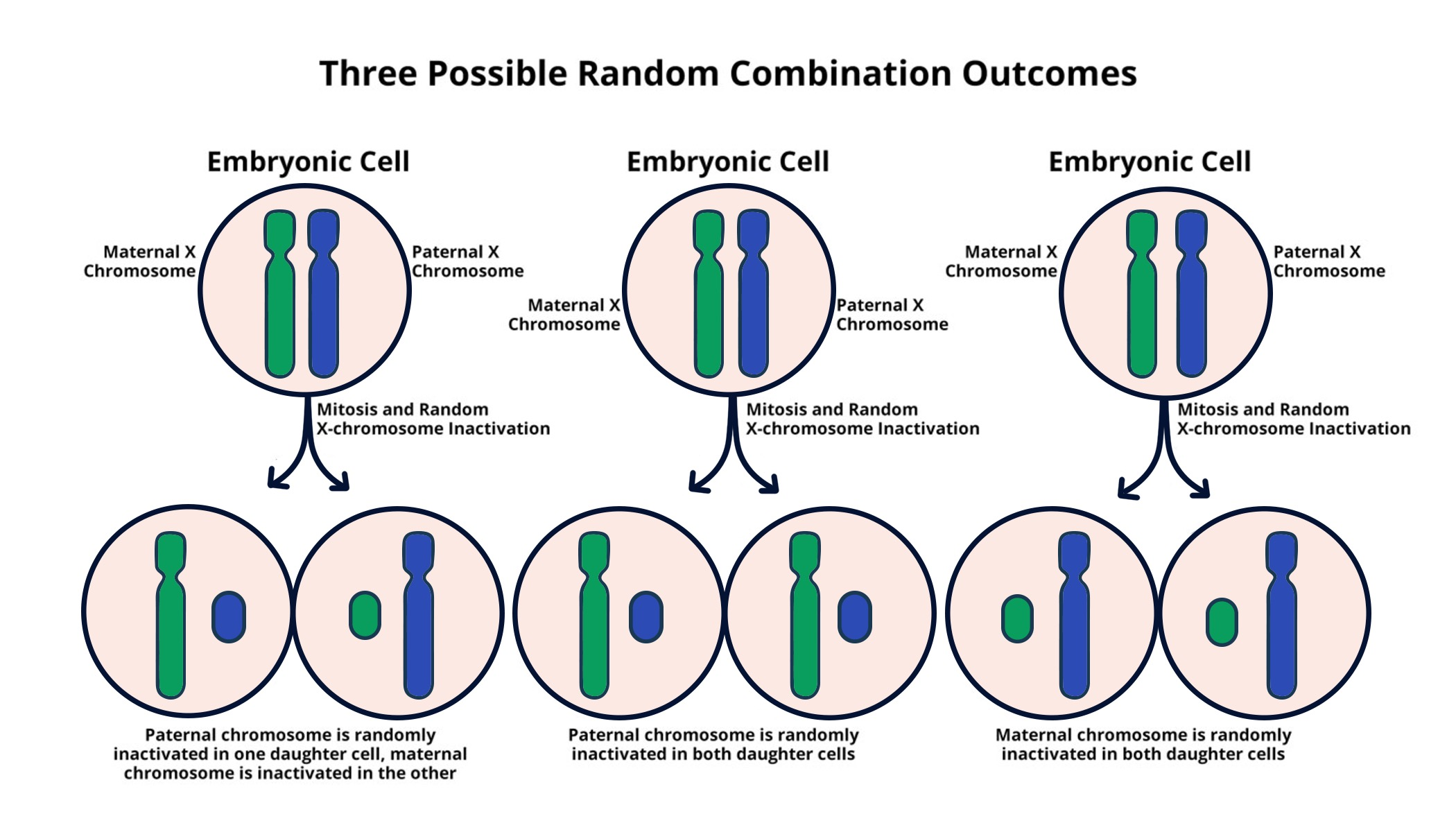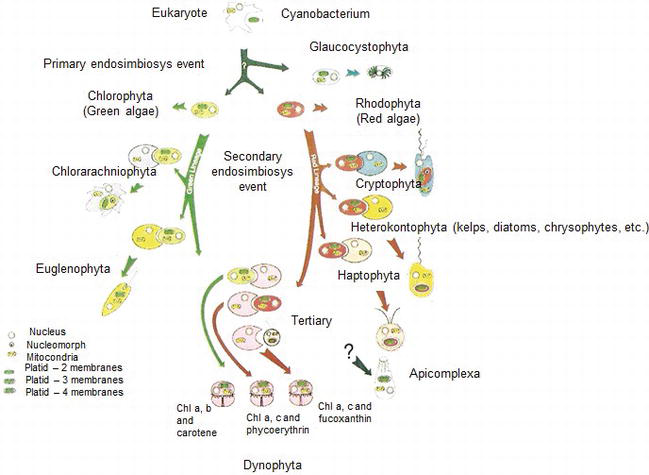Digital health apps are revolutionizing the way we manage personal health, offering innovative solutions that integrate seamlessly into our daily lives. These applications serve as personalized health coaches, harnessing advanced healthcare technology to provide tailored support for diverse needs, from cancer recovery to chronic condition management. By utilizing cutting-edge algorithms and reinforcement learning, these apps can adapt to users’ changing circumstances, ensuring they receive timely reminders and encouragement. For instance, cancer support apps are designed specifically to assist patients undergoing treatments such as stem cell transplantation, significantly enhancing adherence to medication regimens. As a result, digital health apps are poised to become essential tools for improving patient outcomes and fostering better health habits.
Mobile health tools, often referred to as healthcare applications or wellness platforms, are transforming how individuals approach health management. These versatile applications utilize advanced technology to deliver individualized guidance, addressing a wide spectrum of conditions, including support for cancer patients and users seeking assistance with habits like cannabis consumption. By employing intelligent algorithms and adaptive learning techniques, these digital solutions are capable of responding dynamically to users’ responses and needs. For instance, personalized health coaching can empower users to make informed decisions regarding their health and well-being in real-time. As healthcare evolves, these digital resources are becoming integral components of effective treatment and lifestyle adaptation.
The Future of Personalized Health Coaching
Personalized health coaching is rapidly evolving, particularly with the integration of technology and artificial intelligence. Digital health apps are enhancing the ability for individuals to manage their health more effectively by providing customized support. These apps utilize algorithms that adapt to user interactions, ensuring that the guidance offered is timely and relevant to the individual’s unique circumstances. This evolution in healthcare technology makes it easier for users to adhere to medication regimens and lifestyle changes, which is crucial for individuals with complex health conditions.
One of the most promising areas in personalized health coaching lies within reinforcement learning algorithms. These advanced techniques allow apps to learn from user behavior, optimizing the suggestions and prompts they provide over time. For instance, an app could recognize that a patient tends to forget their medication after a specific time of day and adjust its reminders accordingly. This level of personalization not only empowers patients but also increases the effectiveness of health management strategies, potentially leading to better health outcomes.
Leveraging Technology for Cancer Support
The challenges faced by cancer patients, particularly those undergoing stem cell transplantation, are immense. Digital health apps specifically designed for cancer support are emerging as vital tools that aid in medication adherence and overall recovery. By harnessing the capabilities of healthcare technology, these apps offer tailored support that meets the specific needs of patients and their caregivers, helping them navigate the complexities of their treatment journey.
These cancer support apps utilize sophisticated reinforcement learning algorithms to provide personalized interventions. By analyzing data from user interactions, the app can offer motivational encouragement right when the patient needs it most, fostering a supportive environment that can significantly enhance recovery rates. As these applications evolve, they will likely continue to play an essential role in improving the quality of life for cancer patients and facilitating more effective treatment management.
The Role of Algorithms in Health Management
In the realm of health management, algorithms play a crucial role by providing intelligent solutions that adapt to users’ needs over time. The development of applications powered by complex algorithms—such as those for stem cell transplantation patients—demonstrates the potential of technology to offer tailored health solutions. These applications take into account individual patient data, continuously learning from previous interactions to optimize the support they provide.
By employing just-in-time adaptive interventions, these algorithms ensure that timely support is rendered at critical moments. For example, if a patient shows signs of distress or struggles with medication adherence, the app can provide psychological rewards or helpful reminders. This level of responsiveness is pivotal in maintaining patient motivation and adherence to treatment protocols, underscoring the transformative impact of healthcare technology in personalizing patient care.
Integrating Social Networks into Health Apps
The integration of social networks within health apps represents a groundbreaking approach to promoting accountability among users. By creating a community of support, cancer patients and their caregivers gain access to encouragement and shared experiences, which can dramatically influence their recovery process. The digital health apps being developed in Susan Murphy’s lab leverage these networks to foster collaboration—patients can engage with caregivers and health professionals in a supportive environment that encourages regular medication adherence and proactive health monitoring.
These social features not only enhance the functionality of the app but also address the psychological aspect of recovery, providing users with the motivation they need to stay on track. Through shared achievements and collective encouragement within these networks, individuals are empowered to manage their health collaboratively. This innovative approach represents a significant advancement in integrating technology with psychological support, particularly for vulnerable populations like cancer patients.
Transformative Effects of Behavioral Science in Apps
Behavioral science plays a pivotal role in the design of health apps, particularly in how they interact with users. By understanding the psychological factors that affect health behavior, app developers can create features that enhance user engagement and compliance. Apps like MiWaves, designed to assist young adults in reducing cannabis use, demonstrate how behavioral insights can inform the development of algorithms that are tailored to users’ needs, ultimately improving health outcomes.
The application of behavioral science in these digital health tools allows for more nuanced decision-making processes that cater to individual users. For instance, instead of merely sending generic reminders, behavioral-science-informed algorithms can dynamically adjust their prompts based on a user’s mood or past engagement levels. This tailored approach not only provides users with meaningful interactions but also increases their likelihood of adhering to suggested health interventions.
Developing Health Apps for Caregiver Support
Caregivers play an integral role in the recovery process for patients undergoing treatment, particularly for those with complex conditions such as cancer. Health apps designed specifically for caregivers are emerging, aiming to equip them with tools that simplify their responsibilities while enhancing the relationship with the patient. These apps provide vital information and support, thus alleviating the emotional and physical burden caregivers often face.
By integrating features that allow for better communication between patients and caregivers, these digital health tools promote a collaborative approach to health management. For example, reminders can be shared between the patient and caregiver, ensuring that both parties are aligned on treatment protocols and schedules. This interconnectedness can lead to improved patient adherence and ultimately better health outcomes, illustrating the importance of technology in supporting not just patients, but their caregivers as well.
The Impact of Clinical Trials on App Development
Clinical trials play a fundamental role in the development and validation of health apps, helping to ensure efficacy and safety before widespread implementation. The ADAPTS HCT trial, focused on adolescents and young adults, exemplifies this process by providing critical insights into app functionality and user experience. Through systematic testing, researchers gather data that informs algorithmic adjustments, enhancing the app’s ability to serve its target demographic.
By engaging with clinical trials, developers can refine their strategies based on real-world feedback from patients and caregivers. This iterative process not only helps to improve user engagement but also ensures that the algorithms integrated into the apps accurately reflect the needs of actual users. The ongoing development of such apps highlights the symbiotic relationship between technology and clinical research, ultimately leading to more effective and user-centered health interventions.
Reinforcement Learning: The Future of Adaptive Health Solutions
Reinforcement learning is fast becoming a cornerstone of adaptive health solutions, enabling apps to tailor their interactions with users in real time. By mimicking the learning processes of humans, these algorithms can adjust their recommendations based on user behavior patterns, significantly enhancing user engagement and adherence to health protocols. For cancer patients, this means receiving personalized support that evolves as they progress through their treatment journey.
As these technologies advance, we can anticipate a future where health apps utilize reinforcement learning not only to provide reminders but also to predict potential challenges users may face. By foreseeing barriers to adherence, these apps can offer preemptive solutions, such as motivational support just when it is needed. This proactive approach positions digital health technologies as essential allies in managing chronic health conditions.
The Convenience of Digital Coaching Through Apps
The convenience of having a digital coach right in your pocket is one of the primary benefits of modern health apps. Users can access personalized health coaching anytime, anywhere, breaking down traditional barriers to health management. For individuals managing complex health conditions such as cancer, this constant access to tailored support can significantly ease the burden of daily health requirements.
Moreover, digital coaching eliminates the need for extensive, face-to-face interactions, which can be daunting for some users. Many individuals may prefer to manage their health privately, and the availability of a mobile app allows for greater autonomy in health decisions. This convenience is particularly crucial for patients who may be uncomfortable discussing their conditions, instead allowing them to seek help on their own terms.
Frequently Asked Questions
What are digital health apps and how do they support cancer patients?
Digital health apps, especially in the context of healthcare technology, are designed to improve the management of health conditions through personalized experiences. For cancer patients, these apps can assist in medication adherence, offer psychological support, and provide real-time information tailored to individual needs, making recovery from treatments like stem cell transplantation more manageable.
How do reinforcement learning algorithms enhance the effectiveness of digital health apps in cancer support?
Reinforcement learning algorithms enable digital health apps to adapt and personalize interventions based on user behavior in real-time. In cancer support apps, this means the software can tailor reminders and motivational prompts for patients, learning from their past interactions to increase adherence to medication regimens and improve overall health management.
What role does personalized health coaching play in digital health apps for managing chronic illnesses?
Personalized health coaching via digital health apps offers tailored guidance and support, helping users navigate chronic illnesses more effectively. By leveraging data and algorithms, these apps can provide bespoke recommendations, making the coaching experience more relevant and impactful for individuals managing conditions like cancer.
How can digital health apps utilize technology to support caregivers of cancer patients?
Digital health apps can support caregivers by providing tools for better medication management and communication with patients. Features like real-time reminders, educational resources, and community support allow caregivers to play a crucial role in the health management process, ensuring patients receive the proper care during their recovery.
What advancements are being made in digital health apps for better medication adherence among cancer patients?
Advancements in digital health apps include the incorporation of algorithms that learn from user interaction patterns. These applications use just-in-time adaptive interventions to provide personalized reminders and support, which significantly improves medication adherence rates among cancer patients, particularly those undergoing challenging treatments like stem cell transplants.
What are the benefits of using digital health apps for post-surgery recovery in young cancer patients?
Digital health apps designed for post-surgery recovery in young cancer patients offer numerous benefits, including tailored support for medication adherence, effective communication strategies between patients and caregivers, and interactive features that promote social support, ultimately enhancing recovery outcomes.
How do digital health apps integrate social support for cancer patients?
Digital health apps integrate social support by incorporating features that connect patients with caregivers and peer networks. This connectivity allows users to share experiences, receive encouragement, and collaboratively work towards health goals, which is particularly beneficial during the recovery phase post-stem cell transplantation.
What is the impact of machine learning on the future of digital health apps in oncology?
Machine learning’s impact on the future of digital health apps in oncology lies in its ability to create highly personalized and adaptive health interventions. As these apps learn from user data and behavioral patterns, they can improve engagement, provide timely support, and ultimately enhance treatment adherence and patient outcomes.
| Feature | Description |
|---|---|
| Reinforcement Learning Algorithms | Used to personalize support for patients, learning from interactions to improve adherence to treatment regimens. |
| Just-in-Time Adaptive Intervention | Apps provide support at the right moment based on user needs and contexts. |
| ADAPTS HCT | A clinical trial focusing on adolescent and young adult cancer patients to improve medication adherence with real-time support. |
| MiWaves | An app for cannabis users that adapts based on user interactions to reduce intake. |
| Oralytics | Focuses on improving adherence to tooth brushing through personalized notifications and feedback from smart toothbrushes. |
| Digital Health Apps | Tools that act like personal coaches to assist patients in managing health conditions effectively. |
Summary
Digital health apps have emerged as innovative solutions for managing health challenges like cancer treatment, supporting users in real-time through advanced algorithms. By leveraging technologies such as reinforcement learning, these applications provide personalized interventions that adapt to individual needs, thereby improving adherence to medication and lifestyle changes. As research progresses, tools like ADAPTS HCT, MiWaves, and Oralytics demonstrate the potential of digital health apps to revolutionize patient care and empower individuals to take charge of their health.



